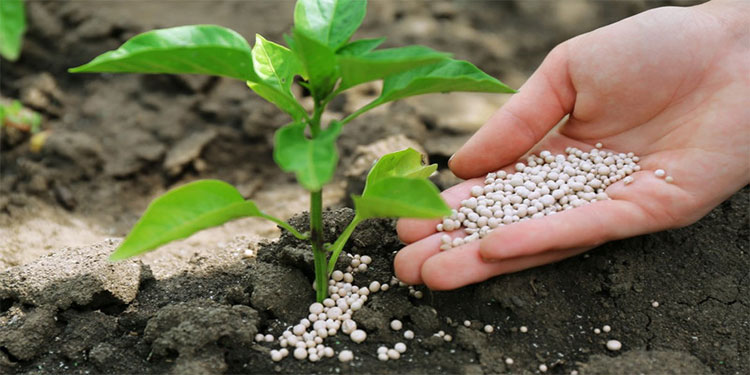
A memorandum of understanding has been signed by Tanzanian government agencies and Essa Group, the largest private liquefied petroleum gas refiner and operator of an ammonia plant in Indonesia, to develop a US$1.3 billion urea fertiliser facility close to Mtwara, the country’s southern capital. It is anticipated that the plant will increase food security and stabilise fertiliser prices in Tanzania.
A million tonnes of fertiliser will be produced at the site each year. Production is expected to start in 2029, and construction is expected to be finished by 2027. 389,000 new employment are projected to be created by the project.
The project would get natural gas supplies from the state-owned Tanzania Petroleum Development Corporation (TPDC) in accordance with the agreement. Resources from the Mnazi Bay field are processed at a nearby gas processing plant run by TPDC. The main raw material used to make ammonia is natural gas. Nitrogen from the air and hydrogen from natural gas are combined to create ammonia. The next step involves a chemical reaction between ammonia and carbon dioxide to form urea, a high-nitrogen molecule that stimulates plant growth and increases crop yields.
Tanzania uses 9.3 kg of fertiliser per hectare of arable land, which is significantly less than the 139.8 kg global average. Nonetheless, the amount of fertiliser consumed rose from 500,000 tonnes in 2022/2023 to 800,000 tonnes in 2023/2024, and it is anticipated that this amount will eventually reach one million tonnes. Ninety percent of Tanzania’s current fertiliser needs are imported. Tanzania’s lack of fertiliser is anticipated to be resolved by the new factory, which will also reduce reliance on imports, conserve foreign exchange, and allow exports to nearby nations.
Essa’s investment follows President Samia Suluhu of Tanzania’s visit to Jakarta, where she and President Joko Widodo inked five agreements pertaining to the maritime economy, agriculture, and minerals. The 2nd Indonesia–Africa Forum, which will take place in Bali from September 1–3, aims to strengthen Indonesia’s relationship with Africa by addressing topics including economic transformation, energy, mining, food, health, and development cooperation.
